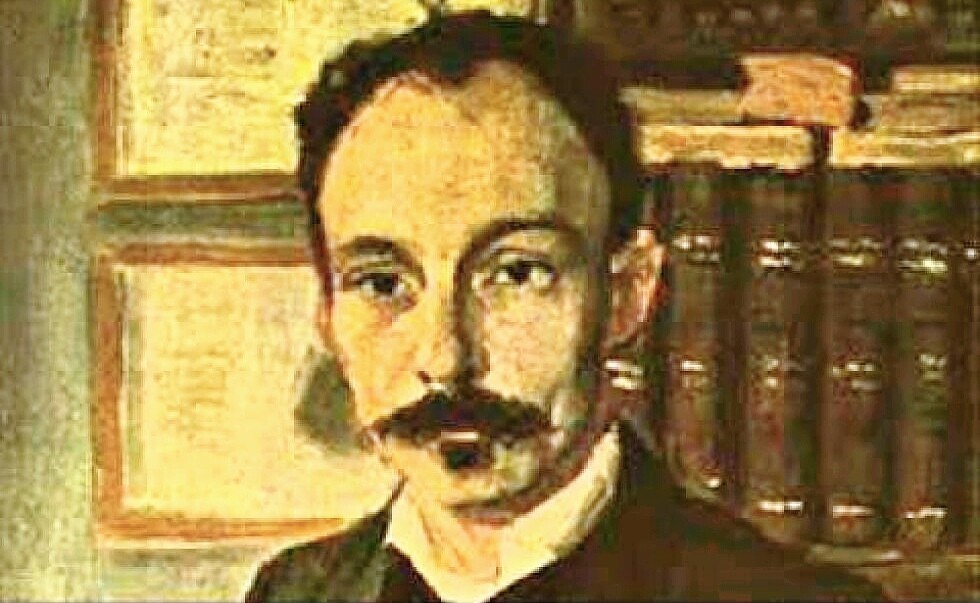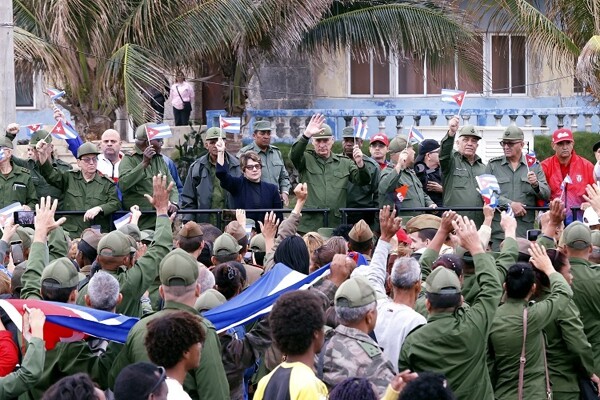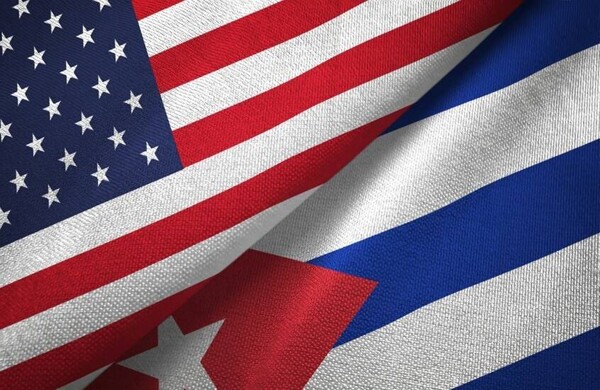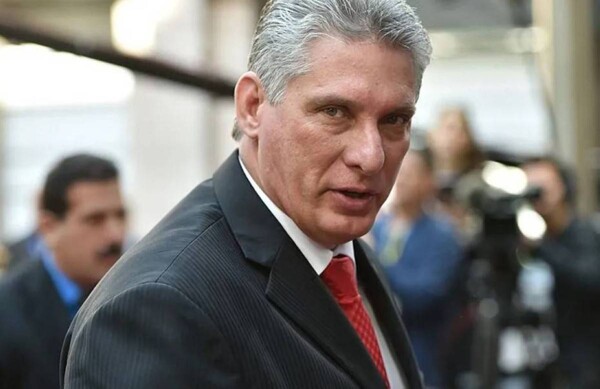
José Martí is considered one of the great heroes of Cuba and Latin America. In 1892, he founded the Cuban Revolutionary Party, which would be the stronghold of the 'Necessary War' started in 1895. Martí visited Panama in 1893 before returning to Cuba after the Ten Years' War and being expelled in 1879.
The Montecristi Manifesto, written by Martí in 1895, was an important document in his struggle for the independence of Cuba. His death in combat the same year at the age of 42 left a legacy that would inspire the Cuban Revolution of 1959 led by Fidel Castro.
Martí, known as the 'Apostle of Cuban Independence,' lived a life marked by persecution, exile, and revolutionary struggle. As a poet, essayist, journalist, politician, and diplomat, his thought was erected against the injustices and inequalities present in the region.
From his participation in 'The Grito de Yara' in 1868 to the publication of 'Nuestra América' in 1891, Martí dedicated his efforts to liberating Cuba from Spanish colonialism. His political journey, marked by imprisonment and exile, was an example of courage and dedication to the independence cause.
Born in Havana in 1853, Martí left a legacy of struggle for freedom and justice that remains alive in the peoples aspiring for better living conditions. His literary production and revolutionary thought have been the subject of study and admiration throughout the continent.














